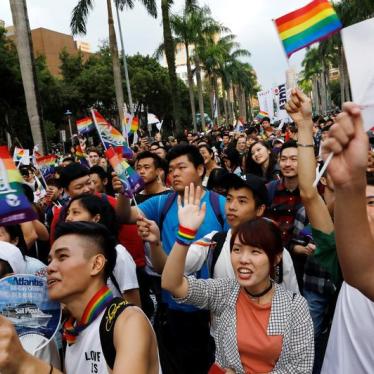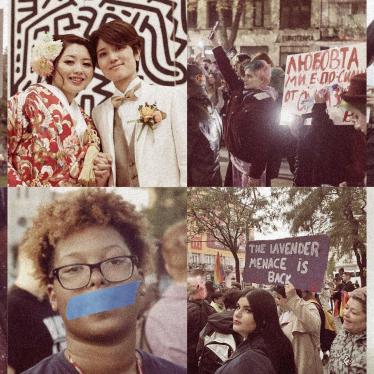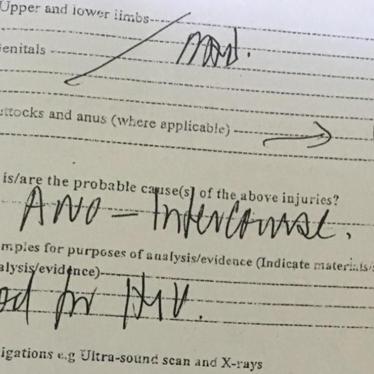World Health Organization (WHO) guidelines published this week no longer describe gender non-conformity as a “mental disorder”—a major change that was the result of tireless advocacy by transgender activists around the world to update the WHO’s global manual of diagnoses.
Transgender people are fighting stigma and discrimination globally, much of which can be traced to a medical system that has historically diagnosed the desire to express one’s gender identity as mental pathology. But it’s stigma, discrimination, bullying, and harassment—and not anything inherent in gender non-conformity—that can inflict mental health problems in transgender people.
Still, the diagnosis stuck around for a long time. Governments often require a “gender identity disorder” diagnosis as a precondition for changing trans people’s names and gender markers on official documents, imperiling basic rights like work, education and travel.
Despite progress in countries such as Malta, Norway, Argentina, and Nepal, governments around the world continue to deem trans people “mentally ill,” and countries including Spain, Turkey and Japan still require a mental health diagnosis to legally change one’s name or legal gender marker.
The new WHO guidelines re-frame “gender identity disorders” as “gender incongruence,” and move the diagnostic codes from the chapter on mental disorders to one on sexual health—an important gain for transgender adolescents and adults, who may soon be able to seek medical care without being viewed as “mentally disordered.”
The new document does, however, retain a problematic and stigmatizing diagnosis of “gender incongruence in childhood,” which would apply to pre-pubescent children. Yet young children exploring their gender identity and expression do not need any of the specialized treatment that some transgender adults and adolescents may seek, such as puberty blockers, cross-sex hormones, or surgery. They do not need a diagnosis.
Overall, the WHO’s new guidelines are a major step in the right direction.










